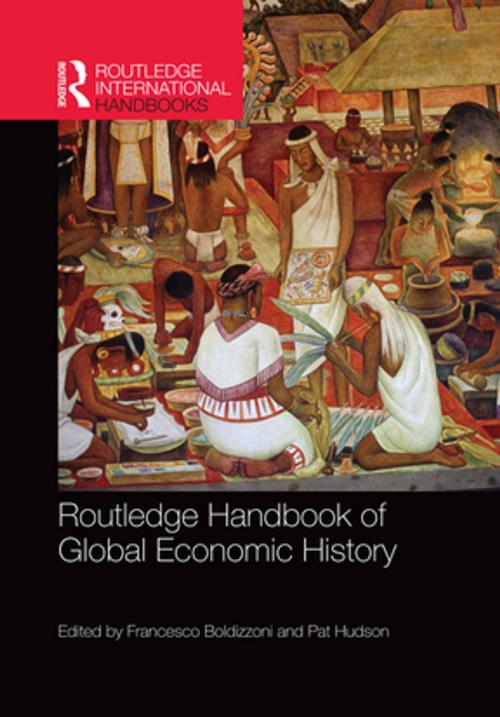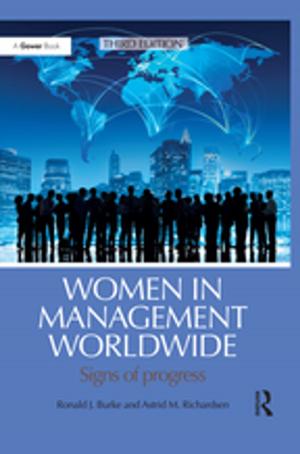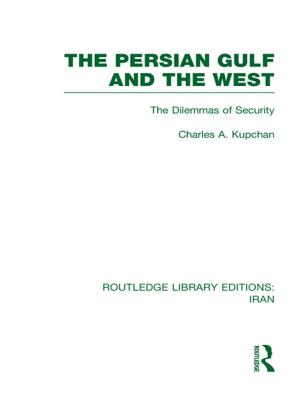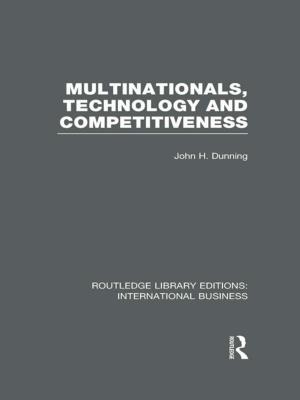Routledge Handbook of Global Economic History
Business & Finance, Economics, Economic History, Nonfiction, History, World History| Author: | ISBN: | 9781317561859 | |
| Publisher: | Taylor and Francis | Publication: | December 22, 2015 |
| Imprint: | Routledge | Language: | English |
| Author: | |
| ISBN: | 9781317561859 |
| Publisher: | Taylor and Francis |
| Publication: | December 22, 2015 |
| Imprint: | Routledge |
| Language: | English |
The Routledge Handbook of Global Economic History documents and interprets the development of economic history as a global discipline from the later nineteenth century to the present day. Exploring the normative and relativistic nature of different schools and traditions of thought, this handbook not only examines current paradigmatic western approaches, but also those conceived in less open societies and in varied economic, political and cultural contexts. In doing so, this book clears the way for greater critical understanding and a more genuinely global approach to economic history.
This handbook brings together leading international contributors in order to systematically address cultural and intellectual traditions around the globe. Many of these are exposed for consideration for the first time in English. The chapters explore dominant ideas and historiographical trends, and open them up to critical transnational perspectives.
This volume is essential reading for both academics and students in economic and social history. As this field of study is very much a bridge between the social sciences and humanities, the issues examined in the book will also have relevance for those seeking to understand the evolution of other academic disciplines under the pressures of varied economic, political and cultural circumstances, on both national and global scales.
The Routledge Handbook of Global Economic History documents and interprets the development of economic history as a global discipline from the later nineteenth century to the present day. Exploring the normative and relativistic nature of different schools and traditions of thought, this handbook not only examines current paradigmatic western approaches, but also those conceived in less open societies and in varied economic, political and cultural contexts. In doing so, this book clears the way for greater critical understanding and a more genuinely global approach to economic history.
This handbook brings together leading international contributors in order to systematically address cultural and intellectual traditions around the globe. Many of these are exposed for consideration for the first time in English. The chapters explore dominant ideas and historiographical trends, and open them up to critical transnational perspectives.
This volume is essential reading for both academics and students in economic and social history. As this field of study is very much a bridge between the social sciences and humanities, the issues examined in the book will also have relevance for those seeking to understand the evolution of other academic disciplines under the pressures of varied economic, political and cultural circumstances, on both national and global scales.















